{This article is written in partnership with BetterHelp. They’re dedicated to helping folks get easier, more affordable access to mental healthcare, and we’re proud to work with them. ~ ed.}
“You will likely need a double lung transplant in 10 years, maybe less.”
I almost dropped the phone.
I had just asked the doctor what to expect after she said my 49 year-old husband had Stage IV Chronic Obstructive Pulmonary Disease (COPD), which also happened to be incurable.
Since the severe heart attack he experienced the month before happened during the first big wave of the Covid-19 pandemic, hospitals and medical offices were closed to me.
Get the support you need with BetterHelp (& Take 50% off) >>
I wasn’t allowed to come inside the hospital during the week he was recovering and learn directly from the doctors that something was also wrong with his lungs.
I wasn’t allowed to go with him to important follow-up appointments after he was discharged—including the one with his new lung doctor that was to explain what COPD is (an inflammatory lung disease that makes it hard to breathe) and what it meant for our future.
But I was allowed to listen in on speaker phone as she delivered the terrifying news that my love had a terminal illness which could take his life away in less than a decade.
I didn’t know it at the time, but that news instantly created feelings of loss. Four years later, I’m still grieving that loss. Loss and grief have become a big source of my recurring depression.
Connecting with My Therapist for Help.
Of course, I hadn’t consciously considered this when I signed back up with BetterHelp for online therapy and reconnected with my therapist this month. I was simply distraught over not feeling content and happy while traveling in the Canadian Maritimes.
After my husband’s recent pneumonia scare and long hospital stay, we came up with a crazy-brained, impulsive plan to go on a summer road trip up the northeastern coast to Nova Scotia.
We knew we were shirking some major responsibilities at home, but every time we doubted the plan, we thought of the acronym YOLO (You only live once!) and it reminded us just how fragile life can be for him now.
We’d decided to soak up every bit of time he has left by seeing the world together, and yet here I was allowing stress, Attention Deficit Hyperactivity Disorder (ADHD) symptoms, and depression get in the way of what was really important.
It had been a few months since my last therapy session, and I knew it was time to start back up again.
I was worrying constantly and small stressors were impacting me in a big way. I recognized that I was isolating and ruminating more on negative thoughts than I had in a while. I was forgetful, couldn’t make decisions, and felt paralyzed. I was waking up sad and not wanting to face my days which then angered me because I was on vacation for crying out loud!
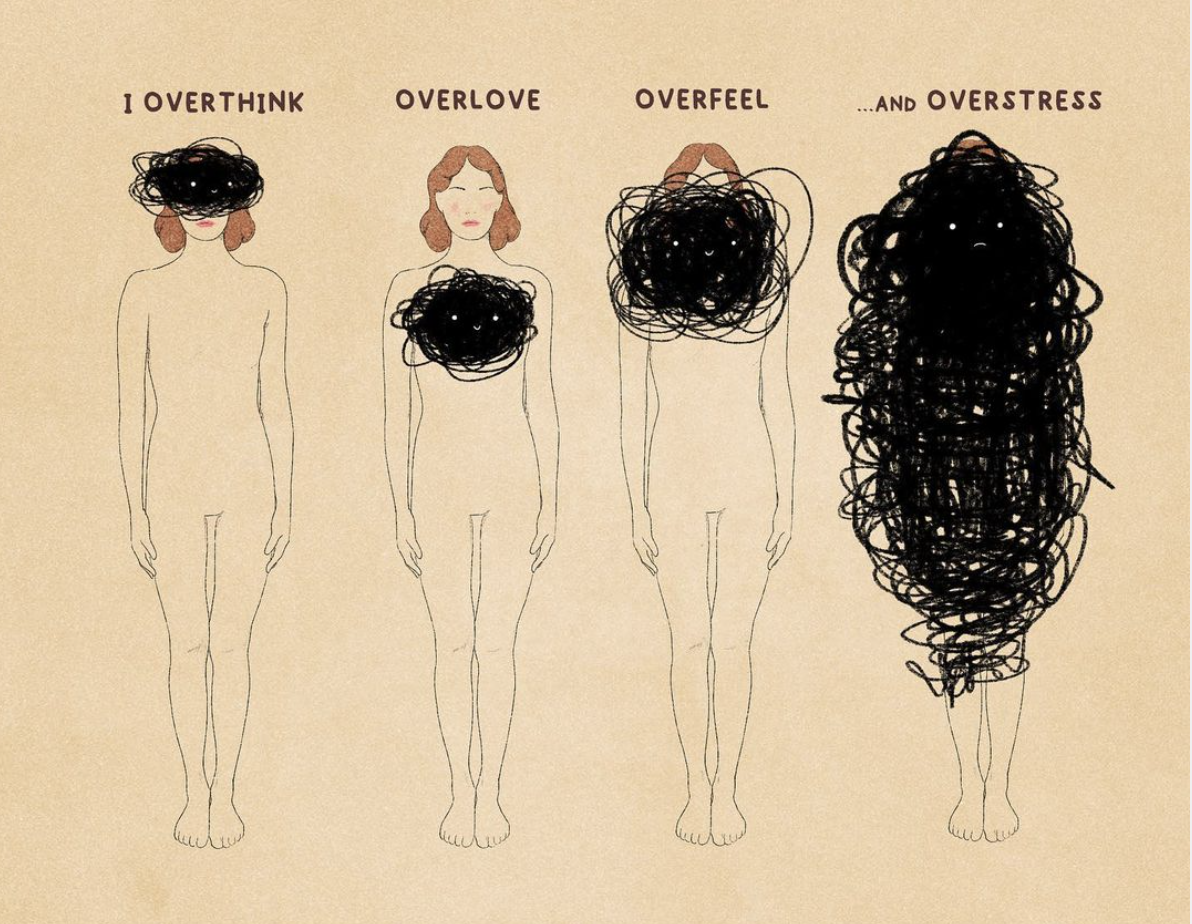
Luckily, BetterHelp makes it easy to sign up and start online therapy, and if you’ve gotten help through them before, you can pick right back up with the same therapist too.
My therapist helped me manage feelings of depression and ADHD symptoms earlier this year (and even while I was traveling), so I knew she could help me work through this current mental health battle I was having. It’s comforting to know that I have someone with the expertise to help me work through tough times. There is no one else I’d rather have in my corner.
The first few sessions with my therapist were veritable venting bombs. It had been three months since I’d last talked to her, and I had a lot to catch up on. I wanted to provide her with the context she needed to accurately assess what the hell was wrong with me this time.
And by the way, she would never say anything is wrong with me, in fact she has stopped me when I’ve said it about myself. The same goes for when I’ve complained about being broken. She doesn’t accept that terminology and is trying to help me change my perception of myself.
Connect with a therapist that gets you, take the BetterHelp quiz >>
I never realized just how much it means to have someone rooting for me in this way, to stop my default mean girl voice in its tracks and remind me that I’m not a lost and forever damaged cause.
After catching my therapist up, I expressed my desperate desire to feel better. I was worrying a lot about those pesky responsibilities we were ignoring in favor of our YOLO trip and it was convincing my all-or-nothing brain to think I was failing at everything I touched.
I was feeling a lot of fear and frustration with myself and the world. ADHD and depression were continuing to ruin my life, stealing my attention from the lovely coastal and scenic present moment I found myself in, and I was sick of it.
Grief. Another Take on My Mental Illness.
I asked my therapist if this latest bout of depression and feelings of worthlessness could have something to do with ADHD again.
She didn’t think this was an ADHD problem in it of itself. She said this was a grieving problem.
Depression is one of the five stages of grief, after all.
Grieving huh? I had to take a few minutes to think it through. No one had died, but I already knew that grief isn’t limited just to the death of loved ones.
Loss is fundamentally any experience where it is not possible to return to life as it once was; loss occurs when there is a permanent change in our circumstances or perceptions, particularly after seismic life events.[i]
We can grieve over any kind of loss experience.
I remembered feeling like I was grieving loss last year, when my husband’s teeth were destroyed by his COPD medicine and he had to have them all removed. I grieved for him (it was an emotional time) and for myself, knowing his smile would never look the same.
I had forgotten that I was acknowledging my grief and mourning the loss of the smile he was born with, the smile he had in our wedding pictures. I think this helped me get through that difficult period while he was healing, and we were both coming to terms with such a permanent, physical change.
I then started thinking about all the things I’m still grieving and need to acknowledge to begin to accept life’s changes and ultimately feel better.
I’m grieving the loss of my husband before he has died.
I’m grieving the loss of his health and the loss of our future together.
I’m grieving the loss of the way things were, when we could jump on our bikes together and go ride the trails, or when we could camp in remote places without a care in the world of where the nearest hospital is.
I’m grieving the loss of traveling in the mountains and carefree plane rides, when he could breathe at higher altitudes without the requirement of oxygen, and there was no fear of his machine malfunctioning.
I’m grieving the loss of our financial stability, which has changed significantly since he closed his small business after working became too hard for him.
I’m grieving the loss of quiet, dark nights in my bedroom without the various noises and blinking lights from medical devices.
I’m grieving the loss of our marriage roles, knowing he can’t do things as well as he used to, and that I need to step up to help in ways that are uncomfortable or challenging for me.
I’m grieving the loss of our spontaneity, the time when we didn’t have to plan every outing around the weather (air quality and extreme temperatures), accessibility (long walking or hills or too many steps), and the battery life of his oxygen machine.
I’m grieving the loss of confidence that a harmless virus like the common cold won’t turn into pneumonia, landing him in the hospital or worse (this is the most recent loss and evidence of his COPD progression).
I’m grieving the loss of our carefree and financially privileged past, the loss of hope for our bright future, and the loss of peace in the present (watching him gasping for air and struggling to breathe breaks my heart and makes me want to sob).
Get help with your Autumn Anxiety & 50% off your first month of therapy >>
Grief and ADHD, It’s Complicated.
As I was researching more about grieving, I wondered if ADHD affected the process and went down a rabbit hole to find something that might describe more accurately what I was going through.
It turns out, emotions of grief can actually intensify ADHD symptoms.[ii] Oh, yay.
Considering ADHD can impact all parts of our lives, why wouldn’t it for the most painful experiences like loss?
Grief naturally brings on symptoms of sadness, anger, emptiness, and anxiety, but since people with ADHD process and express emotions differently, it can make the grieving process for us even more challenging.[iii]
The reason for this is that ADHD brains already experience emotional dysregulation (inability to manage and respond to emotional events). We normally feel emotions more intensely, struggle to control impulsive reactions, and have difficulty calming down once upset.
Executive functioning (skills that you use to manage everyday tasks like making plans, solving problems, and adapting to new situations) is also impaired with ADHD and interestingly, both emotional regulation and executive functioning play a crucial role in how we handle loss and work through grief.[iv]
I sent a message to my therapist telling her what I learned, asking her thoughts, and if she had any sources I could read. She replied shortly after and sent a couple of articles regarding ADHD and grief.
I love that BetterHelp allows us to contact our counselors outside of regular therapy sessions with any thoughts or questions we have. Getting ongoing help whenever we need it virtually any time is a huge perk!
ADHDer’s emotions can be unpredictable and even more intense while grieving.
We can hyper focus (falling into deep concentration) on the sadness or anger or hopelessness, finding ourselves getting stuck. This can lead to depression if we’re not careful. Huh, you don’t say?
“When a key figure leaves, dies or falls ill, an important source of dependence and support is lost, which can add a sense of fear, loneliness, and hopelessness to the grief.”[iii]
Well, I’ll be damned! This couldn’t describe me better. It’s no wonder I’m struggling so much with grief and loss.
Grief is already one of the most challenging experiences humans will ever go through, now add in a side of ADHD and this may explain why my grief (and feelings of depression) will not go away.
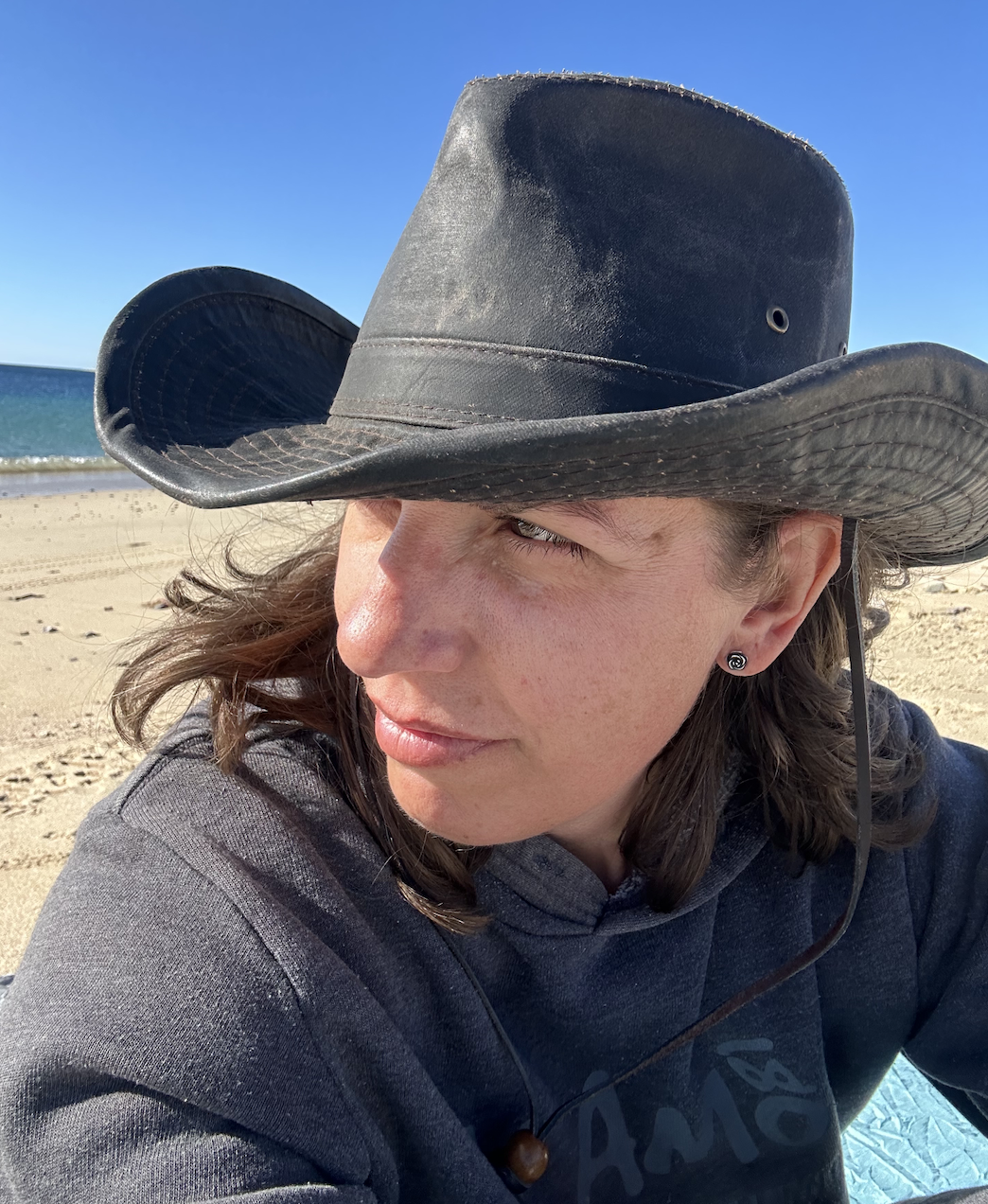
And to further complicate things, there’s a type of grief called complicated grief. See what I did there?
Complicated grief is when someone is unable to adapt to their grief. They’re still grieving many months or years after the loss occurred, experiencing feelings of hopelessness and thoughts that they can’t move on from.[v]
People with this kind of grief experience guilt about moving on and accepting the loss.[vi]
While all of the symptoms of complicated grief don’t fit for me, enough of them do. And since the symptoms of grief, ADHD, and depression overlap, it’s a no-brainer that I’m experiencing feelings from all three things and struggling so much.
It makes me wonder if these last several years I’ve been depressed, that it’s actually been symptoms of grief I haven’t been able to shake.
Without the advice from my therapist about grieving, I would have been beating my head against a wall trying to figure out why my battle with depression never seems to stop.
Slowly but surely she’s helping me get to the bottom of all my mental health challenges and guiding me on a path to healing. I learn more about myself with each therapy session and am so grateful to have her in my life.
I’m so thankful to BetterHelp for making therapy accessible when and wherever I need it.
Are you struggling with symptoms of grief, ADHD, or depression? Please know that you do not have to suffer alone. Sign up for online therapy with BetterHelp and start getting help today!
~
[i] Grieving When No One Has Died
[ii] ADHD, Grief, and Loss During the Pandemic
[iii] Healthy Ways to Process Grief and Move Forward
[iv] Dealing with The Double Whammy of ADHD and Grief
[v] All About Disenfranchised Grief
[vi] The Grieving Process
 Share on bsky
Share on bsky
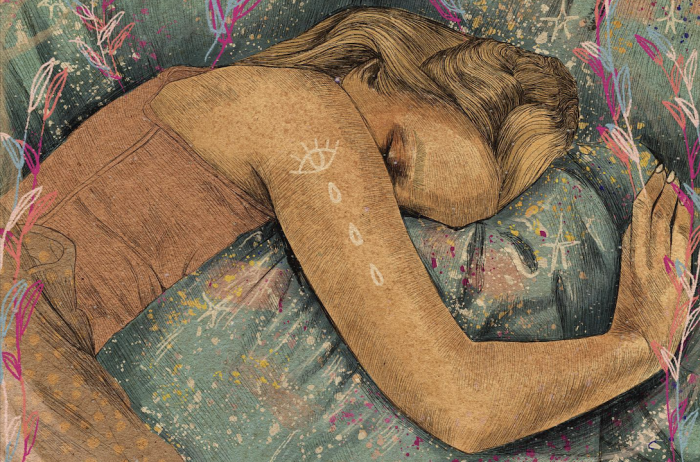

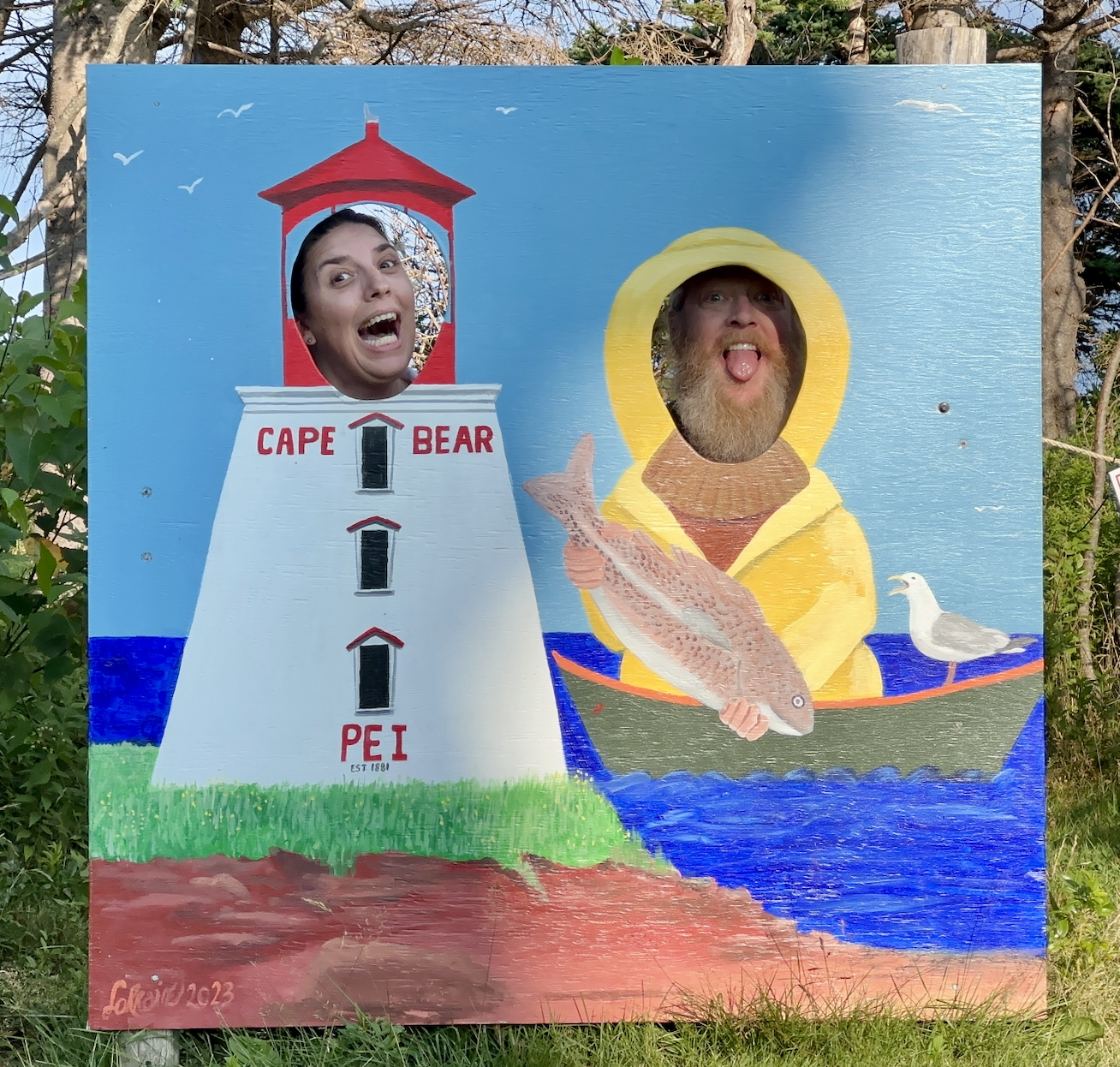
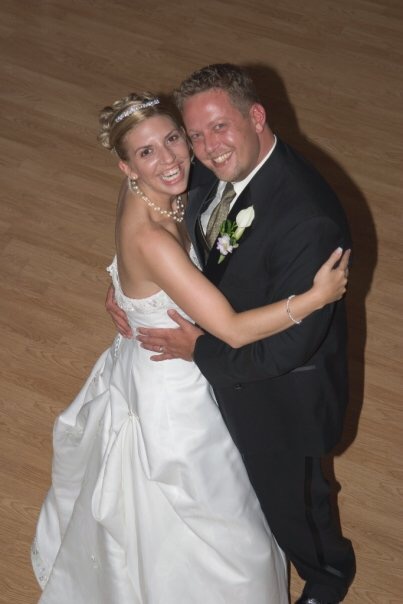
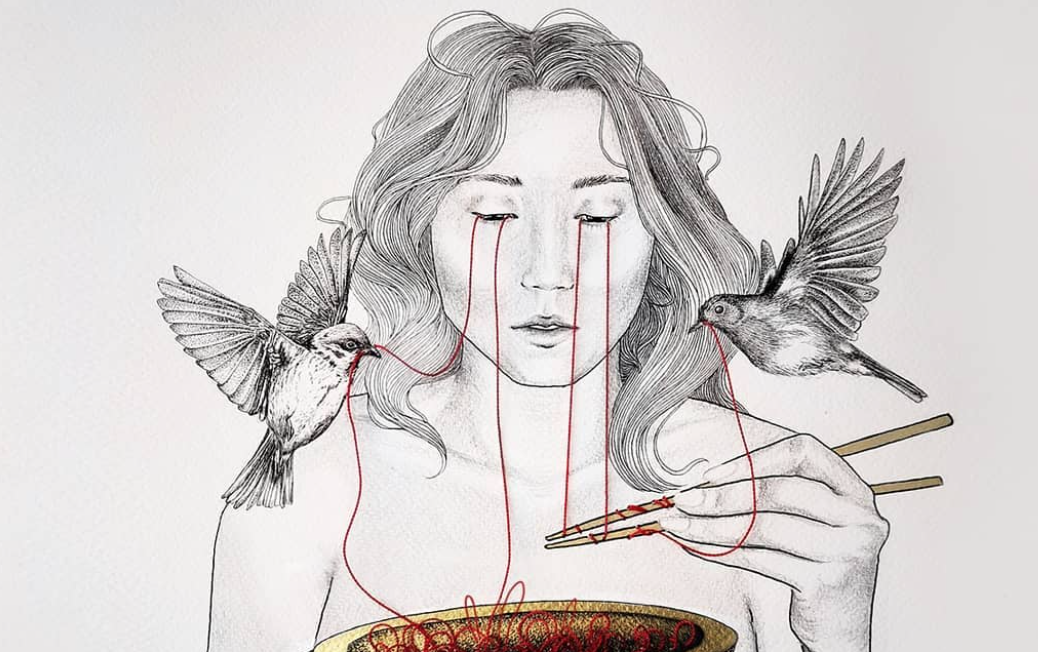
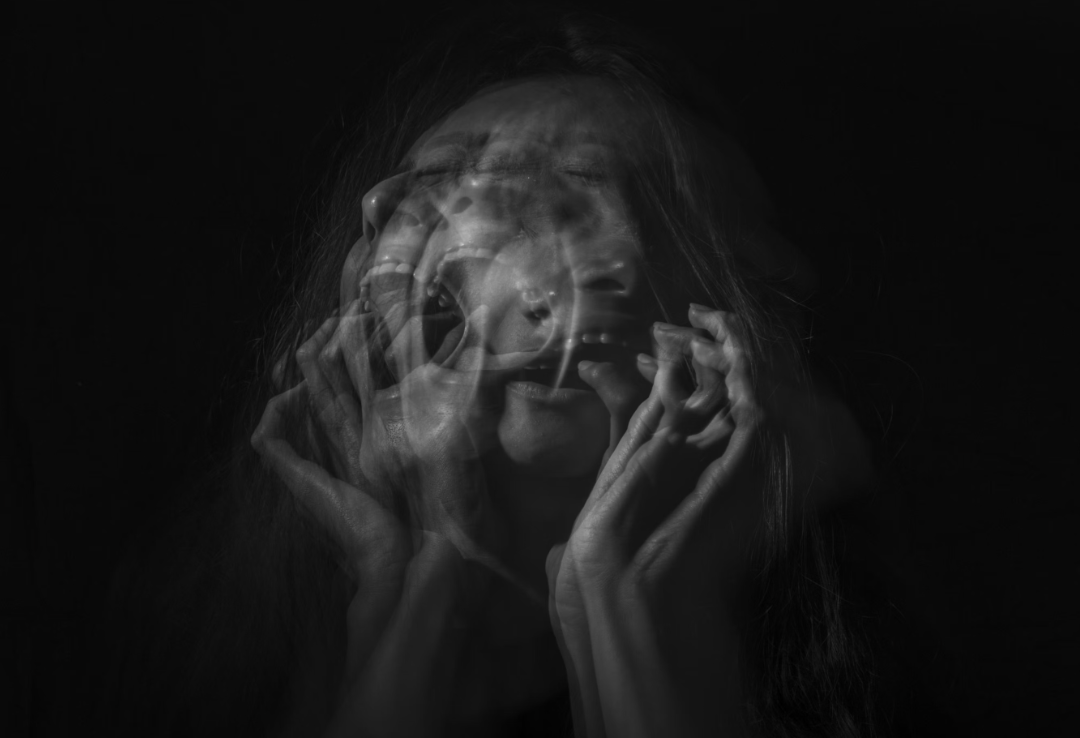
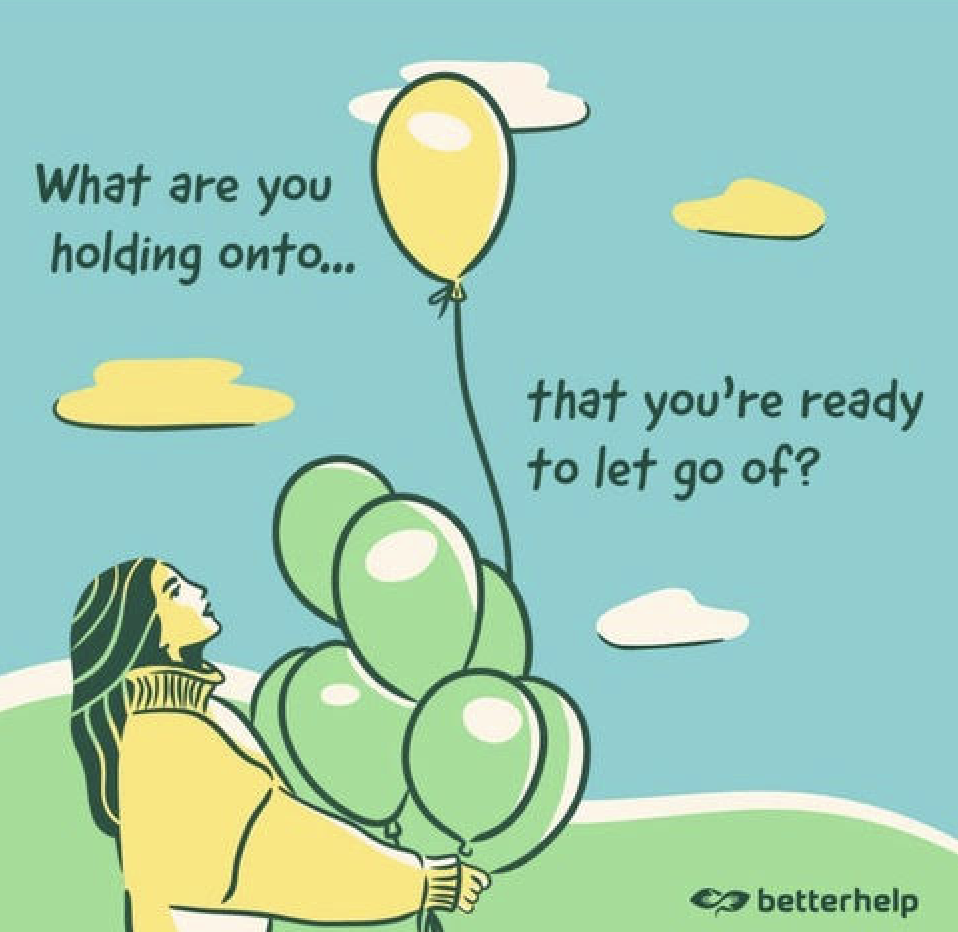

Read 10 comments and reply